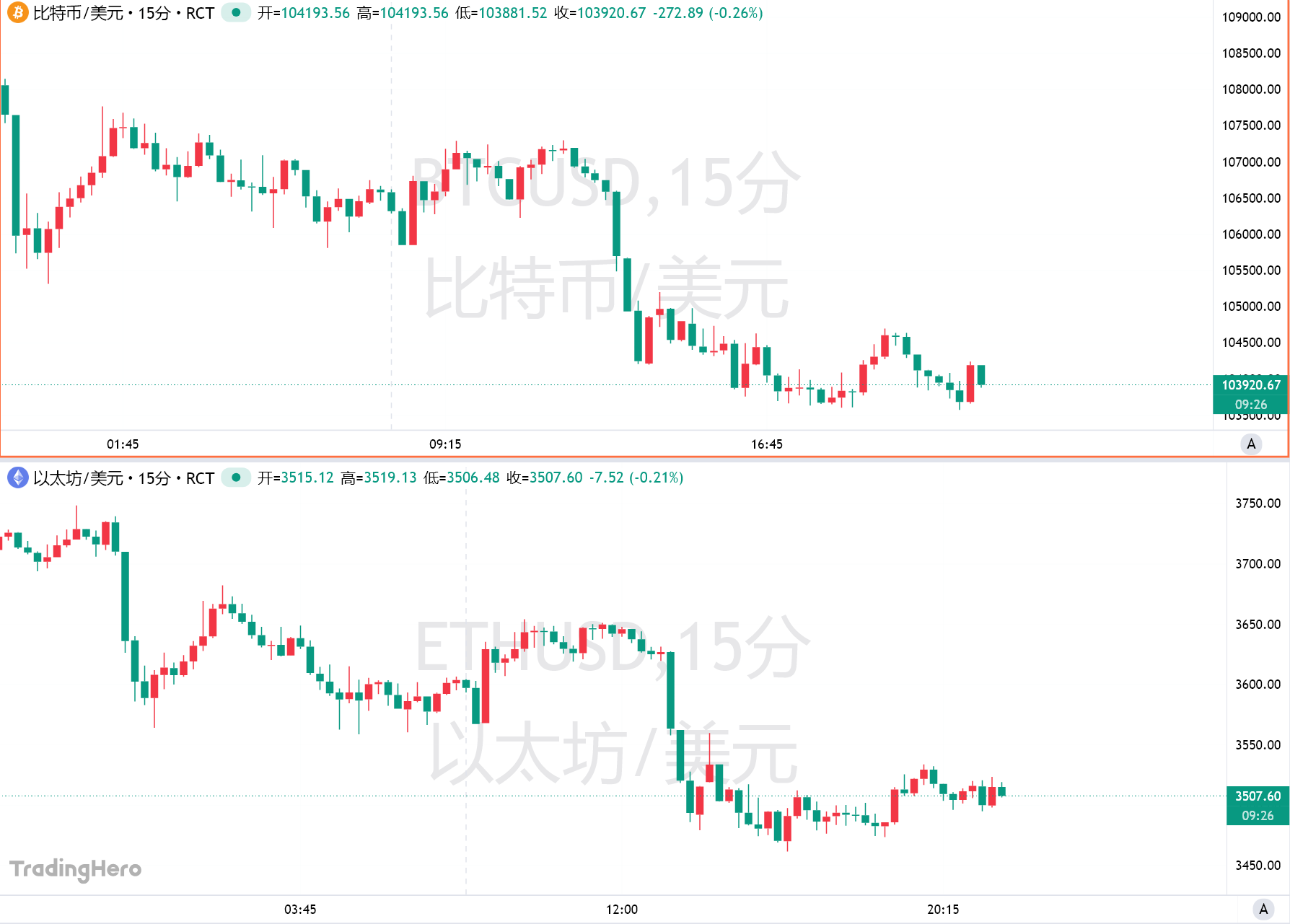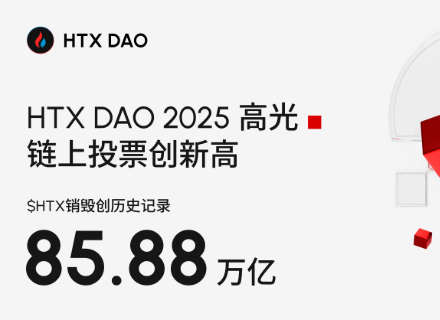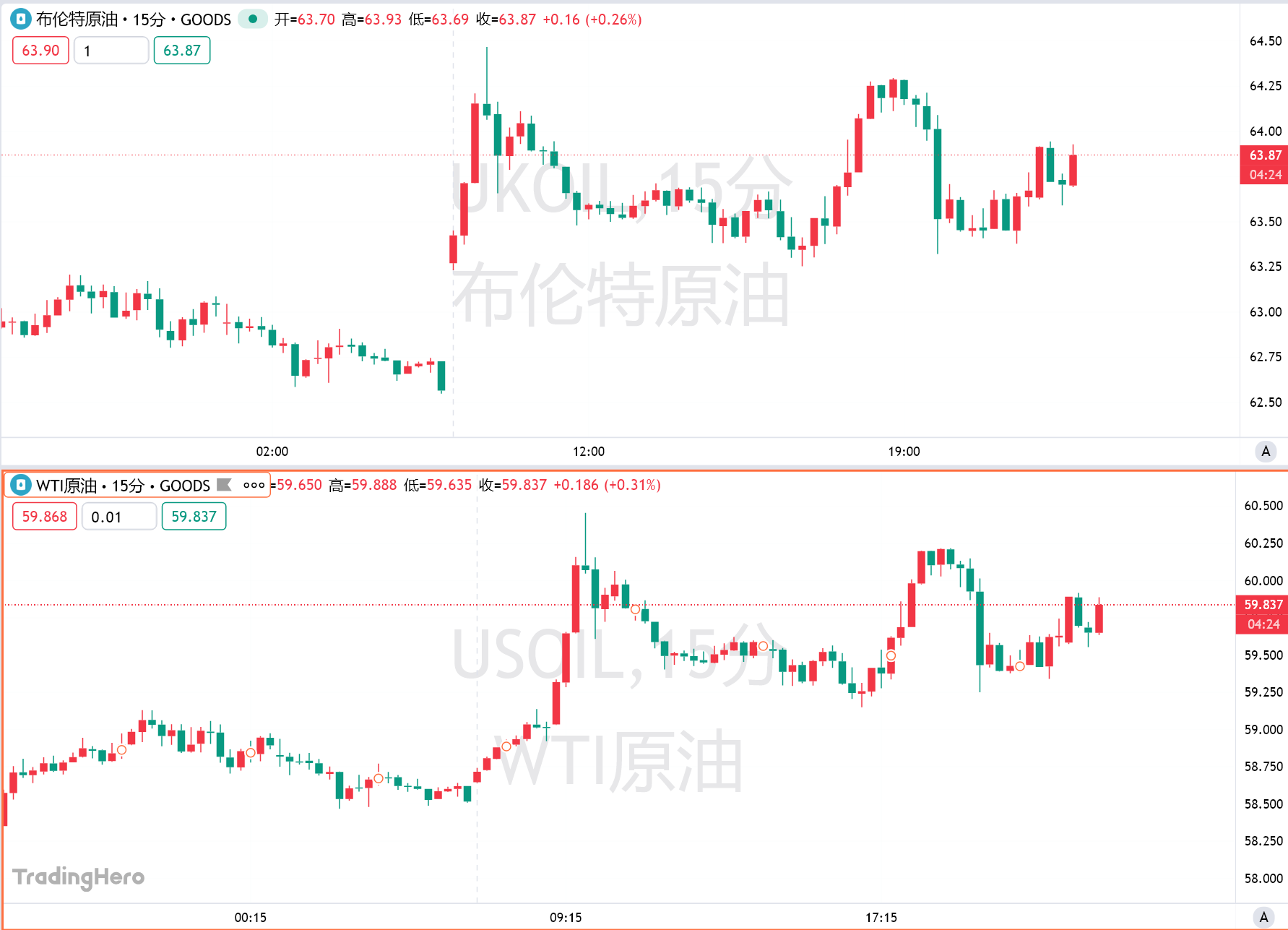Bitcoin falls to its lowest point since June, with the "after-effects" of October's flash crash still lingering!
Multiple negative factors are weighing on the market! Trading sentiment in the cryptocurrency market remains sluggish, and experts had previously warned of a potential 10%-15% correction risk.
On Tuesday, Bitcoin declined for the second consecutive trading day, falling below the $104,000 mark, with an intraday drop of up to 3.1%, reaching its lowest level since the end of June. Ethereum fell as much as 3.9%, and several so-called "altcoins" also experienced similar declines. Multiple indicators highlight the depressed sentiment among cryptocurrency traders.

This decline occurred three weeks after a historic liquidation event—which wiped out billions of dollars in leveraged cryptocurrency positions. Since then, investors appear reluctant to bet on a rebound in Bitcoin and smaller tokens.
Cryptocurrencies are facing numerous headwinds, including ETF outflows and concerns that digital asset management firms may sell off holdings. If Bitcoin falls further, investors' attention will focus on the closely watched $100,000 level, which Bitcoin only briefly dipped below in mid-June.
Market maker Keyrock stated in a report that traders are "unwilling to reinvest large amounts of capital." Open interest in Bitcoin perpetual futures contracts is around $68 billion, down about 30% from the October peak. According to CoinGlass data, liquidations are ongoing: in just the past 24 hours, selling pressure across the entire cryptocurrency market wiped out $1.2 billion in long positions.
Meanwhile, over the past four trading days, investors have withdrawn more than $1.8 billion from spot Bitcoin and Ethereum ETFs.
The macroeconomic environment is also unfavorable. Expectations for a Federal Reserve rate cut in December have dropped sharply, meaning the high-interest-rate environment may persist for longer. XS.com market analyst Lin Tran pointed out that this "raises the opportunity cost of holding non-yielding assets like Bitcoin, while also dampening short-term speculative momentum."
Greater uncertainty comes from a crisis in the decentralized finance sector. On Monday, the Ethereum-based decentralized finance protocol Balancer suffered a hacker attack, with over $100 million in digital assets stolen. This vulnerability is the latest in a series of bearish events over the past few weeks, leaving digital asset investors on edge.
Previously, fintech expert and Concord Fintech Solutions co-founder Olena Sosiedka warned that after the rapid rise in cryptocurrency prices from September to early October, Bitcoin would enter a "correction and consolidation period." The expert predicted: "Clearly, Bitcoin will remain volatile in the coming weeks."
Sosiedka warned that if institutional interest cools significantly or the Federal Reserve shifts its policy, it could trigger a 10%-15% correction in Bitcoin prices.
She advised: "Current market sentiment is extremely sensitive, so it is important not to chase highs, but to remain calm and take strategic, gradual actions."
Disclaimer: The content of this article solely reflects the author's opinion and does not represent the platform in any capacity. This article is not intended to serve as a reference for making investment decisions.
You may also like
SOL drops to 5-month low despite Solana spot ETF success: Is $100 next?

Major Overhaul in US Crypto Regulation: CFTC May Fully Take Over the Spot Market
The US crypto regulatory framework is undergoing a redistribution of authority, with clear divisions of responsibility between the CFTC and SEC: the SEC focuses on securities, while the CFTC is responsible for the spot market of digital commodities. The advancement of new bills and the arrangement of hearings indicate that the regulatory boundaries have been formally clarified in official documents for the first time. Summary generated by Mars AI. This summary is generated by the Mars AI model, and the accuracy and completeness of its content are still being iteratively updated.

Oil price rebound alert! Russia's largest oil port attacked, 2% of global supply disrupted
A Ukrainian drone attack has caused the suspension of oil exports at Russia's Novorossiysk port, interrupting a daily supply of 2.2 million barrels. As a result, international oil prices surged by over 2%.

When traditional financial markets fail, will the crypto industry become a "pressure relief valve" for liquidity?
The twilight of financialization: when debt cycles can only create nominal growth.

